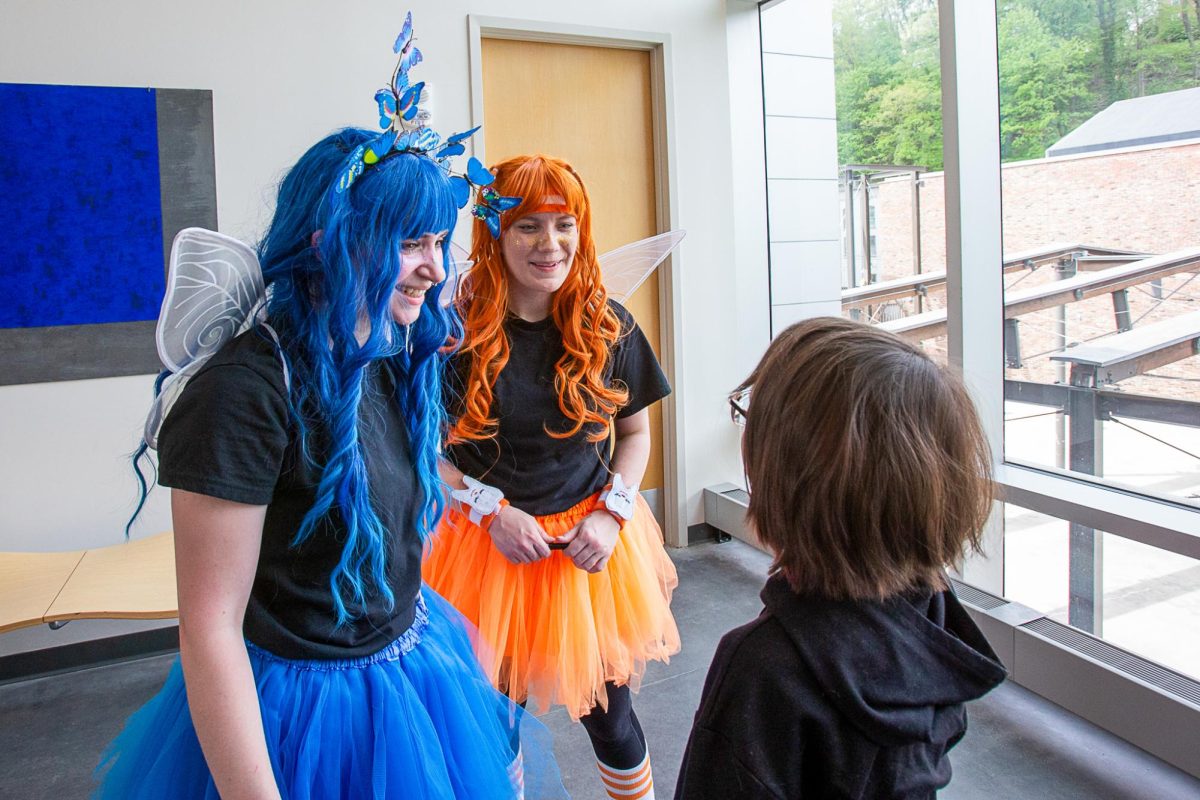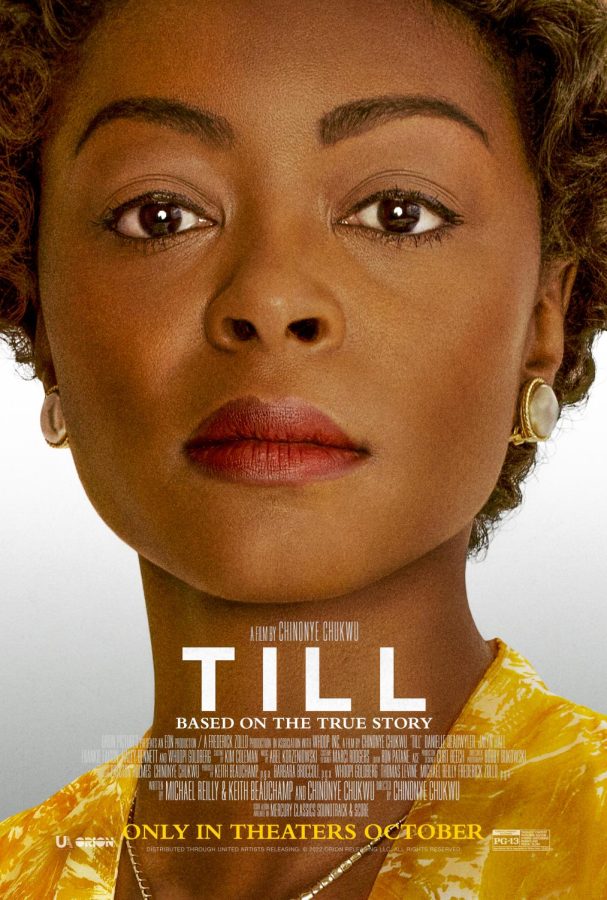During our current, pivotal American moment, “Till” reminds audiences to draw attention to unjust actions even when political systems attempt to silence innocent people.
“Till” chronicles the murder of Emmett Till in 1955 and the actions of his courageous mother Mamie Till-Mobley (Danielle Deadwyler), who used the death of her son to draw American citizens’ attention to the issue of racially motivated violence.
Earlier this year, ABC released “Women of the Movement” which also told the story of Till-Mobley. Both films are excellent and are startling reminders that the decades-long demand for a federal anti-lynching law was only just passed this year in the form of the Emmett Till Antilynching Act.
This adaptation particularly stands out for its careful attention to detail. Director Chinonye Chukwu makes conscientious, carefully chosen decisions about what should be omitted and included in order to highlight the most historical details.
For instance, I felt Chukwu made the responsible decision to omit the hazy details surrounding the conversation between Emmett and Carolyn Bryant at the candy store. We only see him smile at her, which she does not return, and then the film cuts forward to what happened after when Carolyn retrieved a pistol from her car in order to scare off Emmett and his Black friends.
I felt this cinematic choice drew further attention to Bryant’s excessive and racist reaction to Till’s advances. It reminds audiences that whatever happened at that moment does not justify Bryant’s behavior and the horrific murder that came four days later.
Chukwu also honors her commitment not to depict any violence against Black characters on screen. In a chilling scene, Emmett is shown being kidnapped from the home of his great uncle Moses Wright at the hands of Roy Bryant, J. W. Milam and hired Black men.
The film depicts Moses helplessly pleading mercy for his nephew and shows the unsuspecting Emmett putting on his socks just before he is suddenly dragged outside before he can put on his shoes. The moment highlights Emmett’s inability to comprehend the situation as his uncle shudders, knowing he can do nothing to stop the violence that will come. The omission of graphic depictions of the murder also reminds us that racially motivated crimes are not limited to a particular event, but are instead a recurring act of terror that continues to occur to this day.
On the other hand, “Till” is not censored in the way it highlights the murder’s aftermath. Days after seeing “Till,” certain scenes and images remain etched into my brain. I shudder when I remember seeing Mamie examine and touch Emmett’s body. I also think back on the moment when Moses points out the killers with a steady hand and shaky lips.
I cannot think of a more important film to see in theaters right now. It will surely be in the running for Best Picture this year and Best Actress for Deadwyler’s unforgettable performance.
























































































































